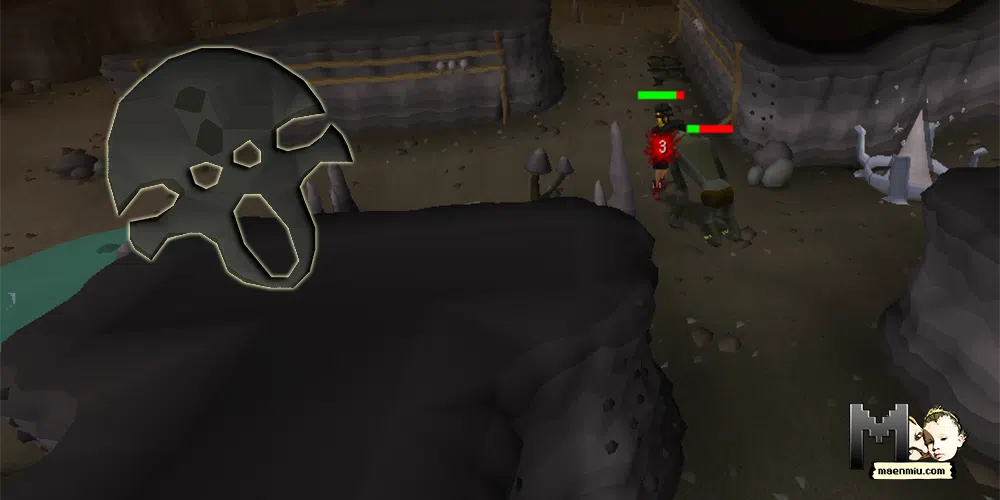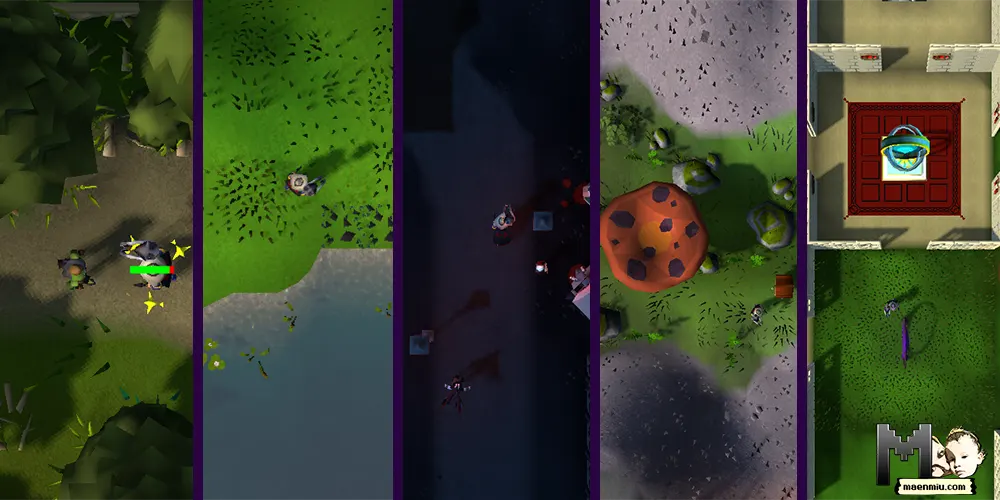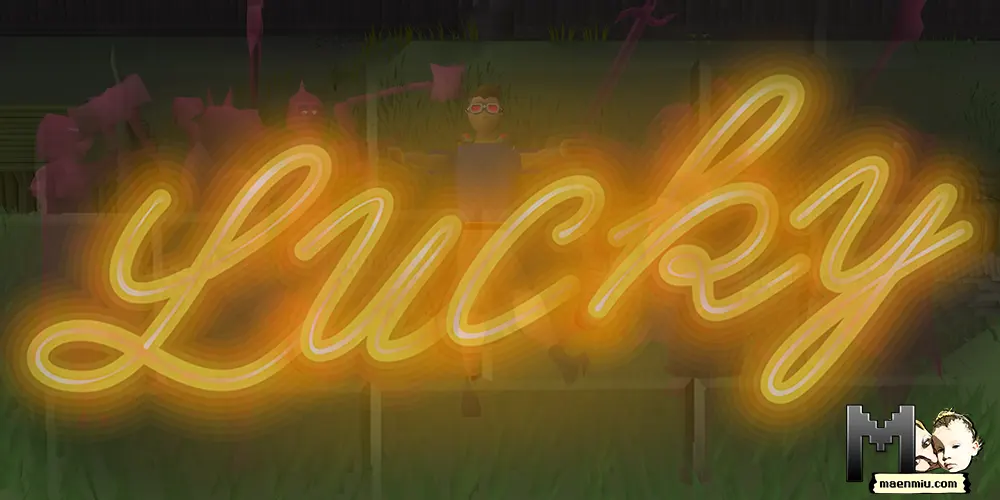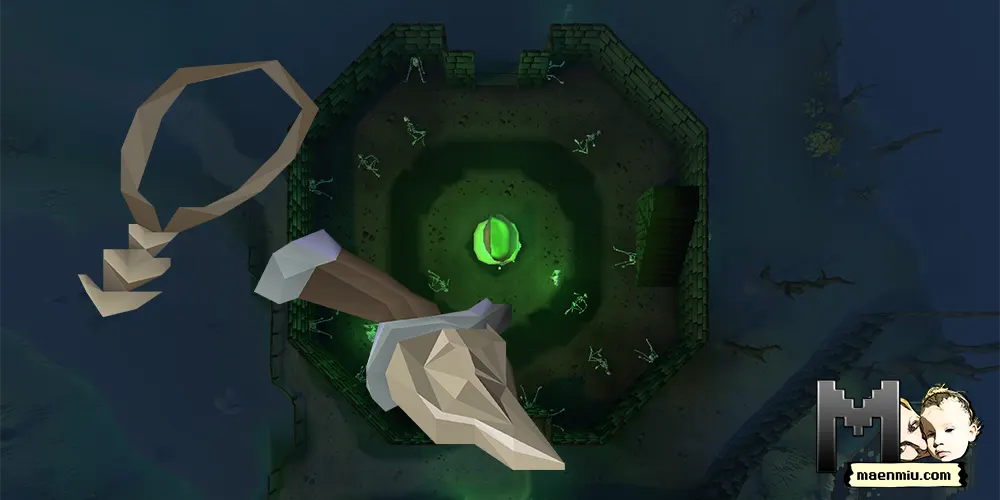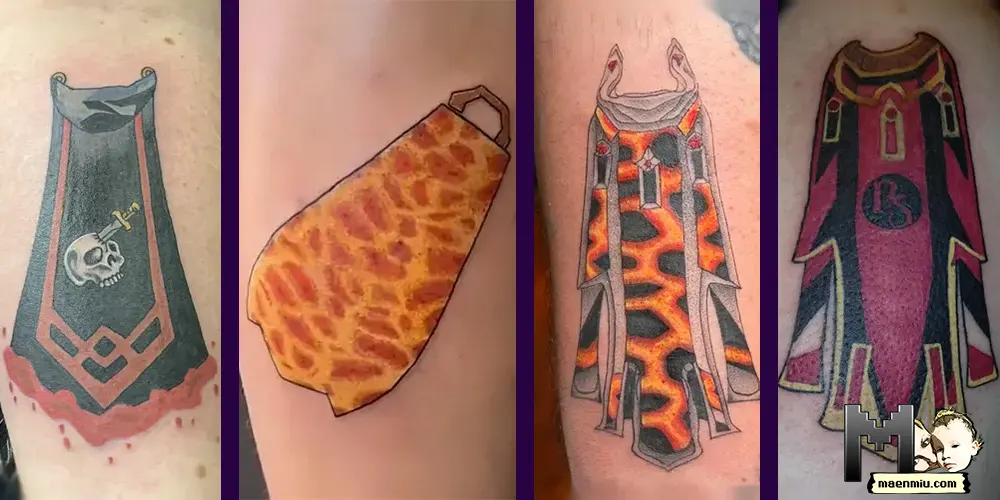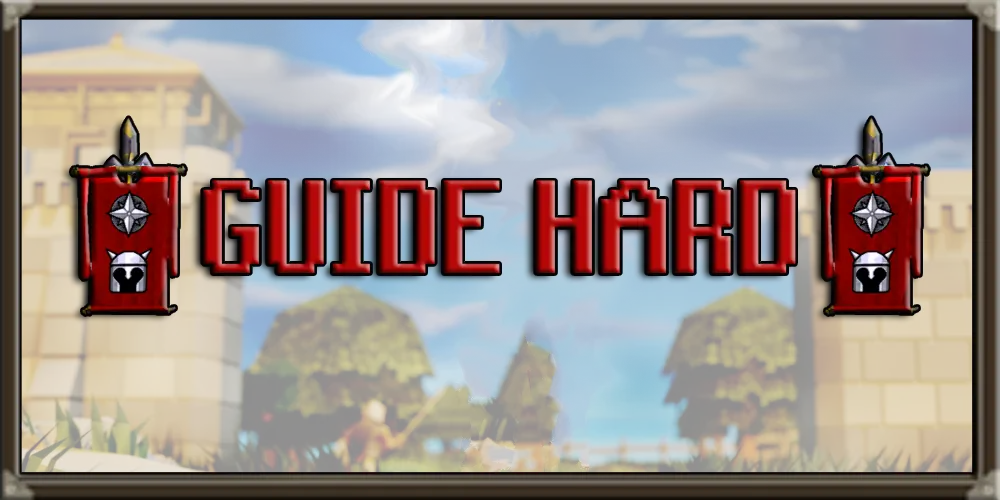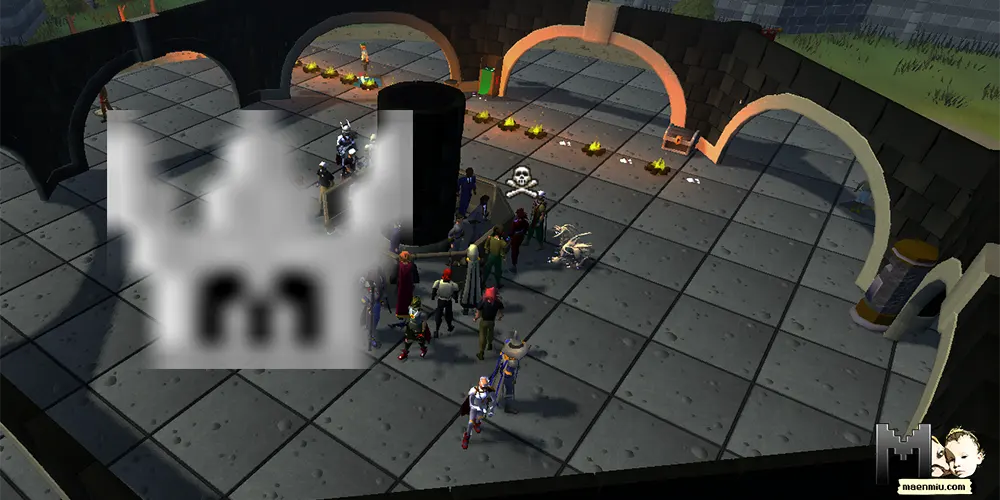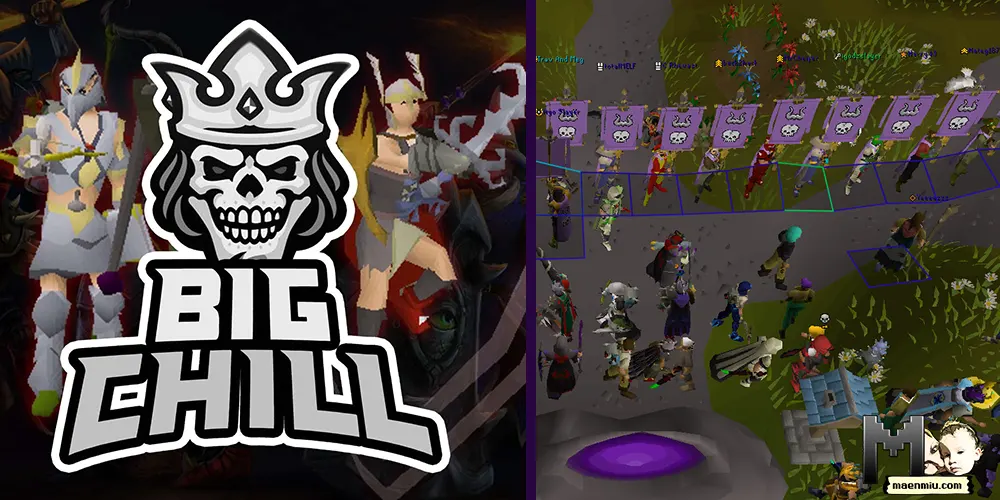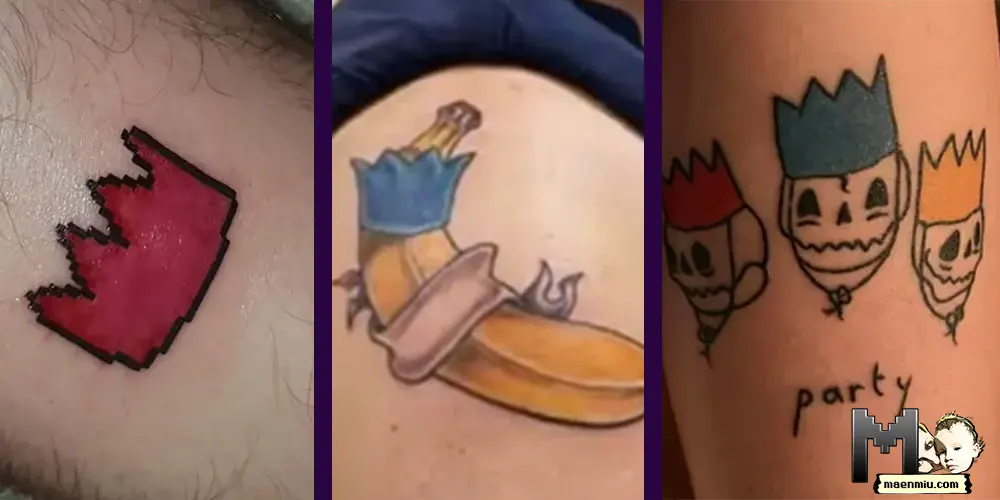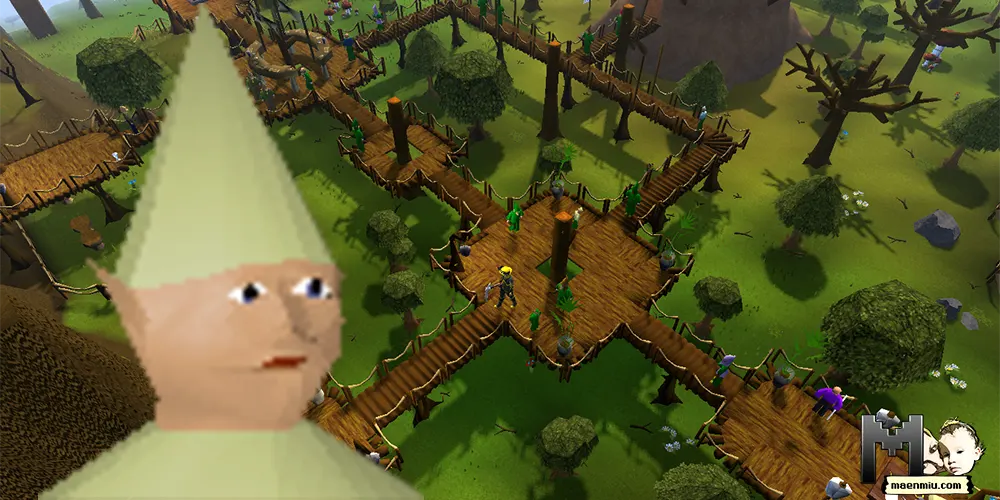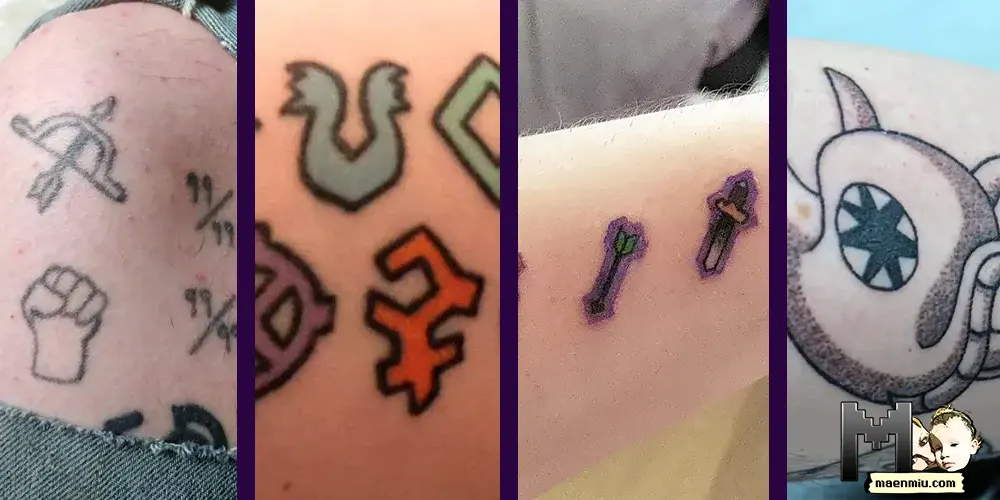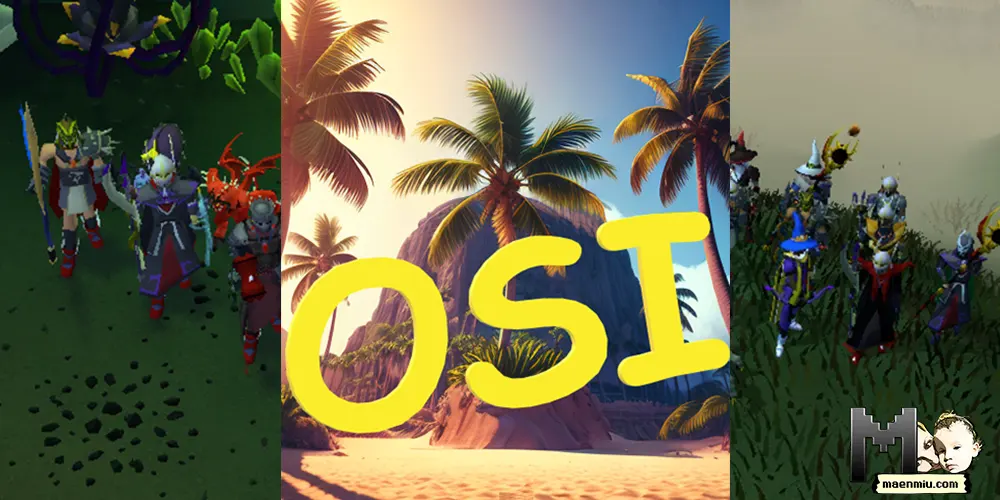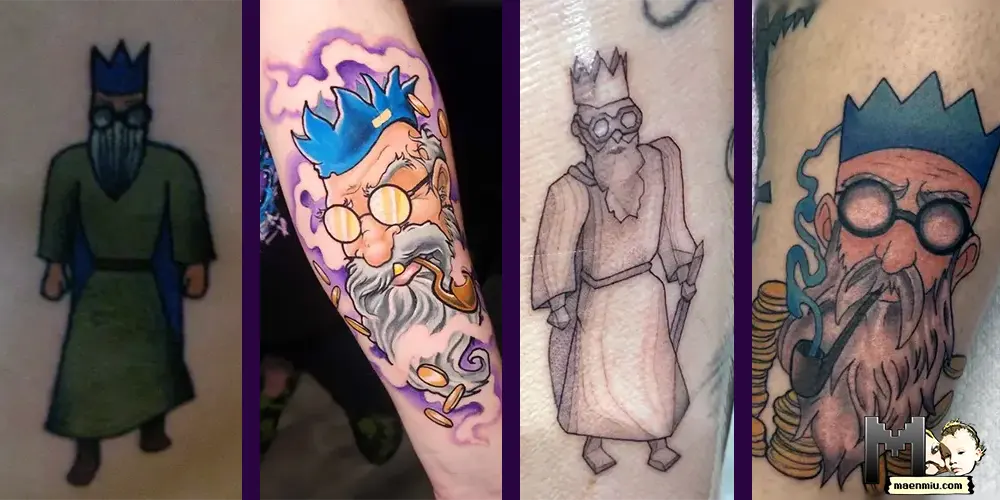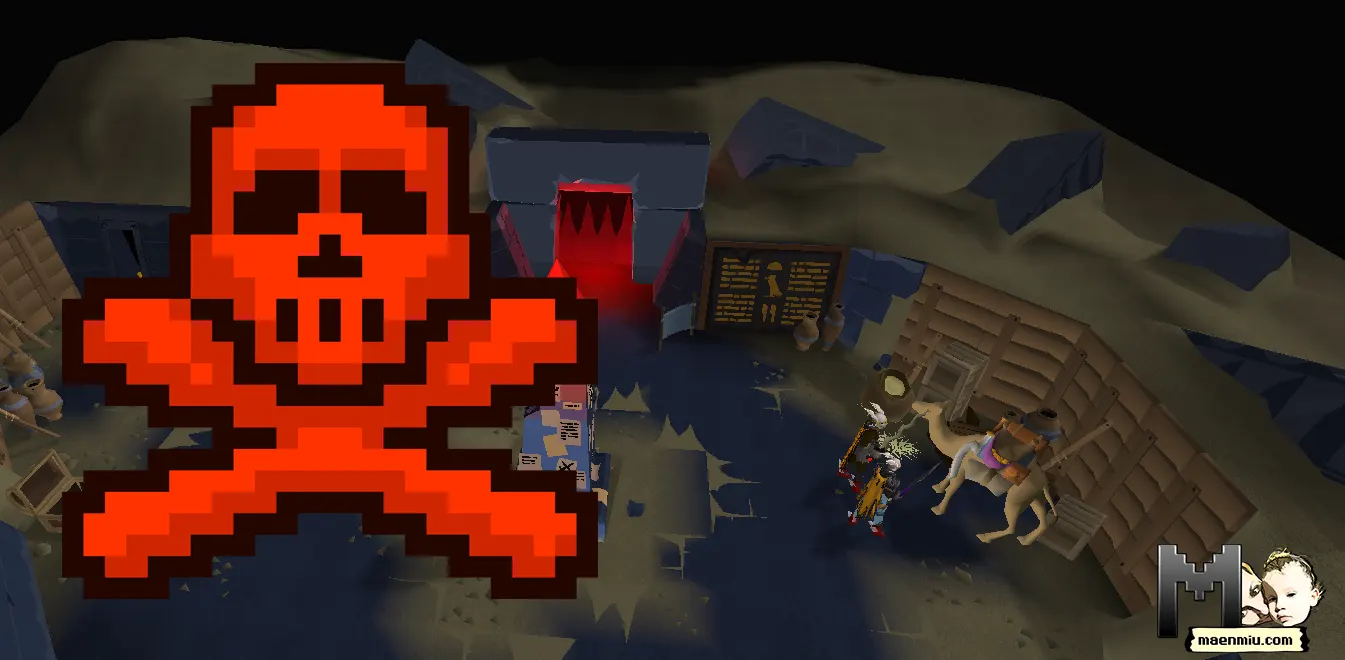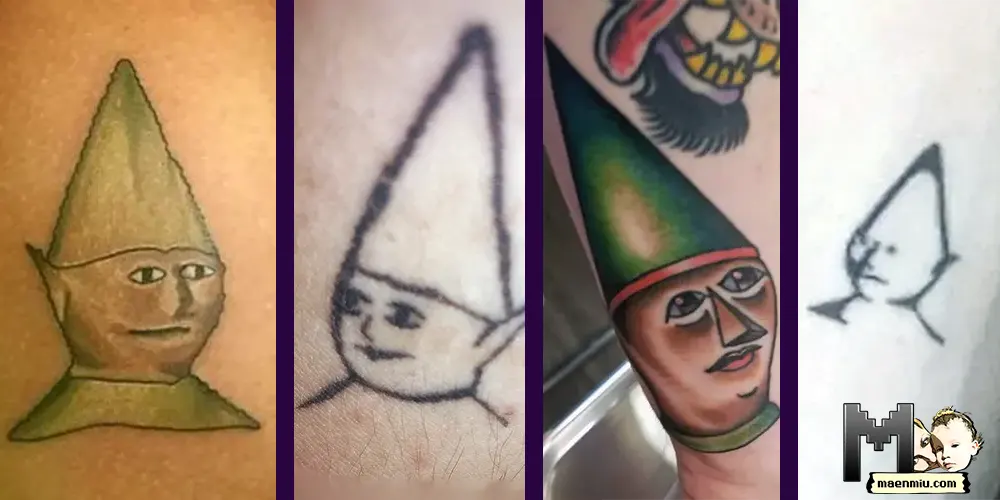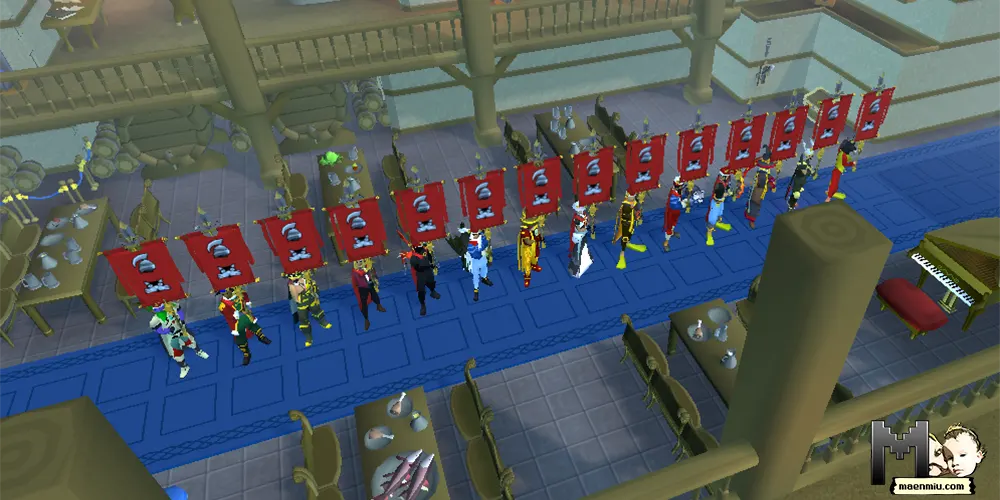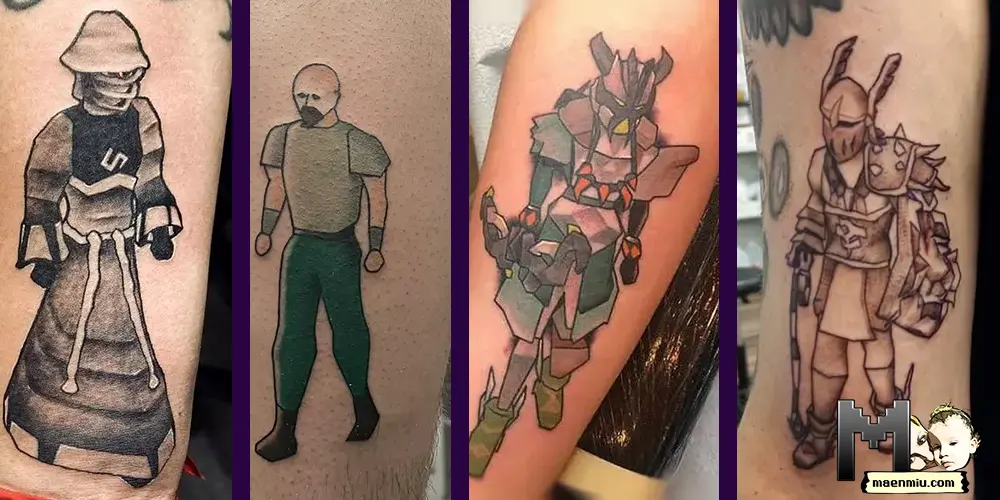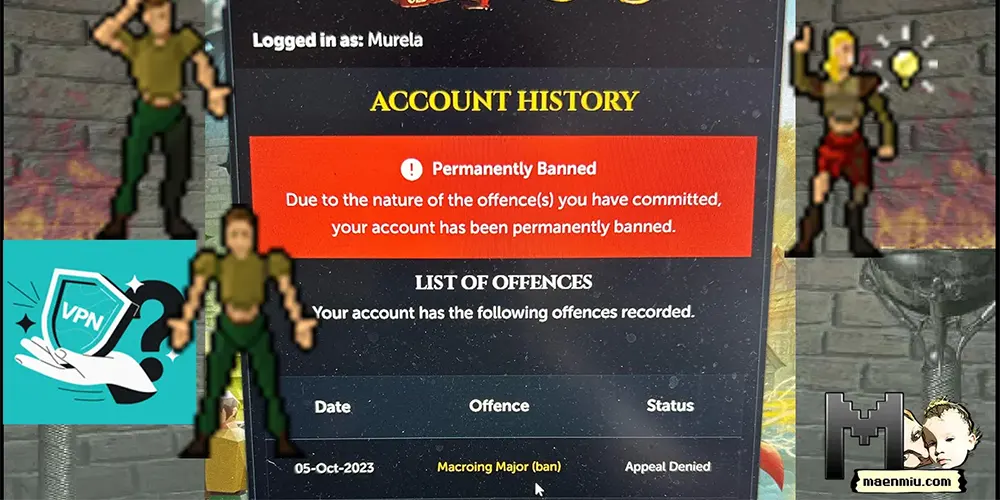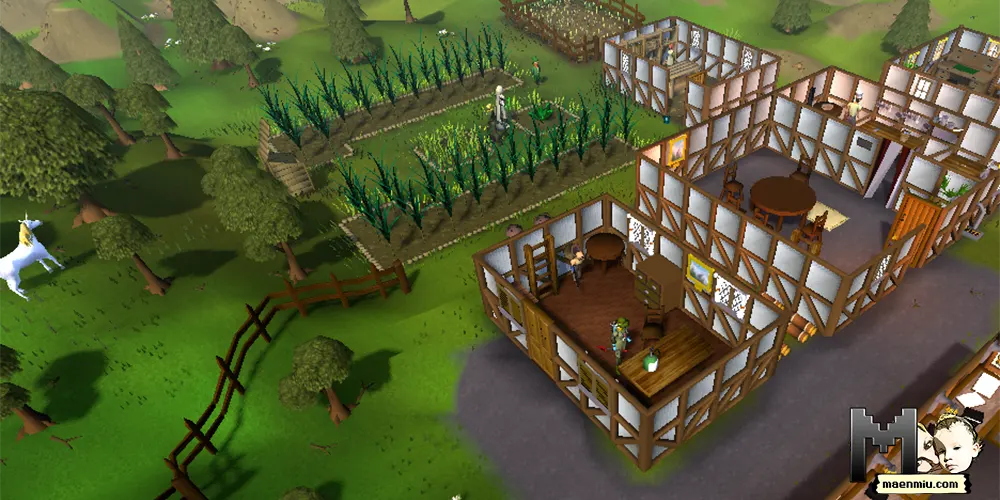
Exploring the linguistic connections for NPC names can be a fascinating exercise that reveals deeper layers of meaning and intention behind a game’s design. It often provides insight into a character’s role, personality, or history, reflecting thoughtful and deliberate choices by the creators. For example, naming an NPC “Perdu” in Old School RuneScape, derived from the French word for “lost,” immediately conveys his function in retrieving lost items. Such connections can enrich the player’s experience by adding cultural or historical context and creating a more immersive and cohesive game world. By weaving language and etymology into character design, game developers can communicate complex ideas or themes subtly, engaging players intellectually and encouraging them to think more deeply about the characters they encounter and the world they inhabit.
You might like
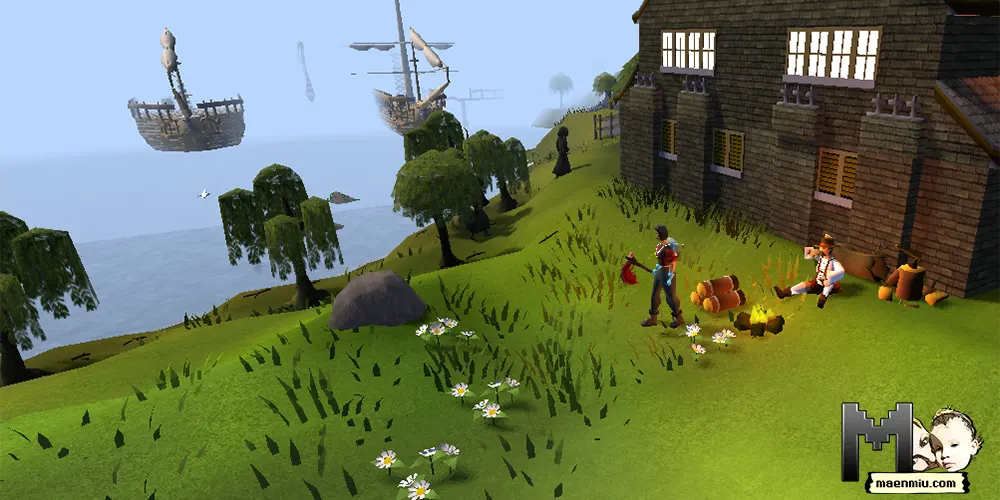
Perdu
Perdu is an NPC in Old School RuneScape who can be found in various locations throughout the game world. Perdu’s function is as a lost item retrieval service, so if you lose certain untradeable items due to death or other circumstances, like intentionally dropping or destroying them for some extra slots in the bank (I’m guilty of that) Perdu can replace them for a fee or for free, depending on the item.
Some of the items that Perdu can replace include the Fire cape, Ardougne cloak, and Void Knight equipment, among others. You will pay GP to retrieve most of the items and the cost can vary depending on the item.
Perdu’s service adds an extra layer of security for players who have worked hard to obtain these special untradeable items, ensuring that they are not permanently lost due to an unfortunate event. His presence in the game is in line with his name and the linguistic roots connected to loss and retrieval, since his name comes from the French Perdu.
If you’ve been playing OSRS for a longer time and haven’t visited Perdu lately, you might want to pay him a visit, since he will give you XP for quests that have received updates and the updated version offers more XP. When visiting him to take a screenshot for this article, I had quite a surprise! Free XP gains! And that’s a ton of free Agility XP, so I’ll take it! That leveled my Agility, and Firemaking!

The fastest way to get to him is by at Catherby, as he is in the house just north of the bank, very close to the teleport! He is also present in quite a few other locations like Edgeville, Ferox Enclave, Lumbridge, Falador, and even the new Bounty Hunter lobby.
Language
Perdu, seems to be connected to the French verb “perdre,” which translates to “to lose” in English. The linguistic connection between the name Perdu and the verb “perdre” in this context is clear: the character’s function is to retrieve lost items, aligning with the meaning of their name derived from the French verb for “to lose.”
“Perdu” is the past participle form of the verb “perdre” in French, effectively meaning “lost.” So, naming a character who deals with lost items Perdu is a clever play on words, and a little bit ironic—instead of being lost, Perdu is where lost things are found.
The verb “perdre” itself comes from Latin “perdere,” where “per-” means “through” and “dare” means “put.” So, you could translate it as “put through,” signifying the act of losing something. The past participle form “perdu” is used in various contexts in French, such as the phrase “temps perdu” (lost time) or “amour perdu” (lost love).
This kind of linguistic connection is not uncommon in naming characters in literature, games, and media. It’s a subtle way to add depth and layers of meaning to the characters and their roles.
Enriching the game through language
The linguistic connection between the NPC’s name “Perdu” and the French/Latin verb “perdu” meaning “lost” serves as an eloquent encapsulation of the character’s role within Old School RuneScape. This thoughtful alignment between name and function exemplifies how language can be artfully used to add depth and resonance to gaming experiences. By drawing from the rich history of French and Latin, the game’s developers have imbued this character with a sense of universality and timelessness, linking the virtual world with our shared linguistic heritage. The choice of “Perdu” as the name for a character who retrieves lost items becomes more than just a title; it’s a reflection of a broader literary and cultural tradition, symbolizing both loss and recovery, that enriches the player’s engagement with the game.
Further read

